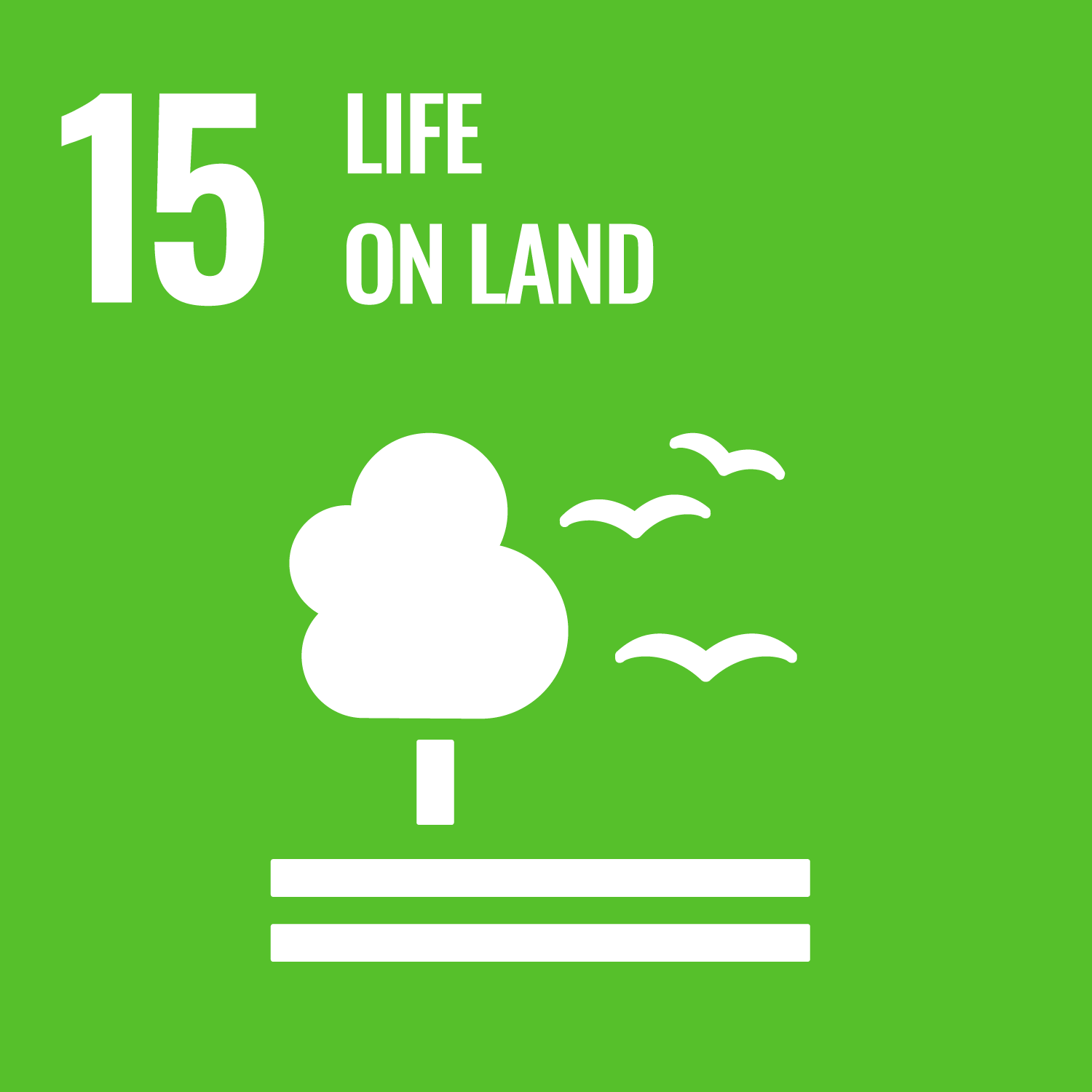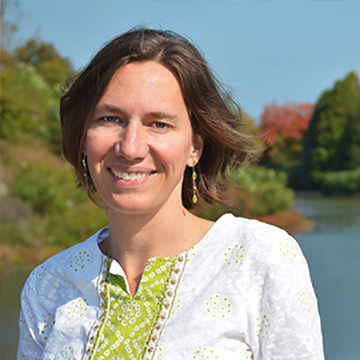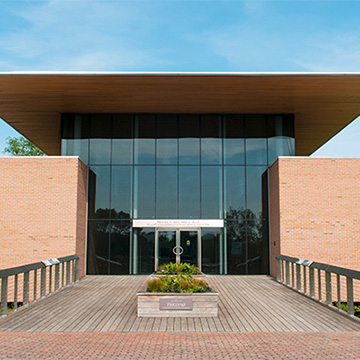Nyree Zerega
Nyree Zerega is the Director of Program in Plant Biology and Conservation, a collaboration between Northwestern University and the Chicago Botanic Garden. Zerega’s lab explores the evolution, genetic diversity, origins and pollination biology of plants. her research uses phylogenomic, collections-based, and experimental field approaches to explore the evolution and genetic diversity of underutilized crops and their wild relatives, pollination, biogeography, and taxonomic revisionary work. Zerega is also interested in applying findings to conservation of plant genomic resources and more sustainable agriculture.


